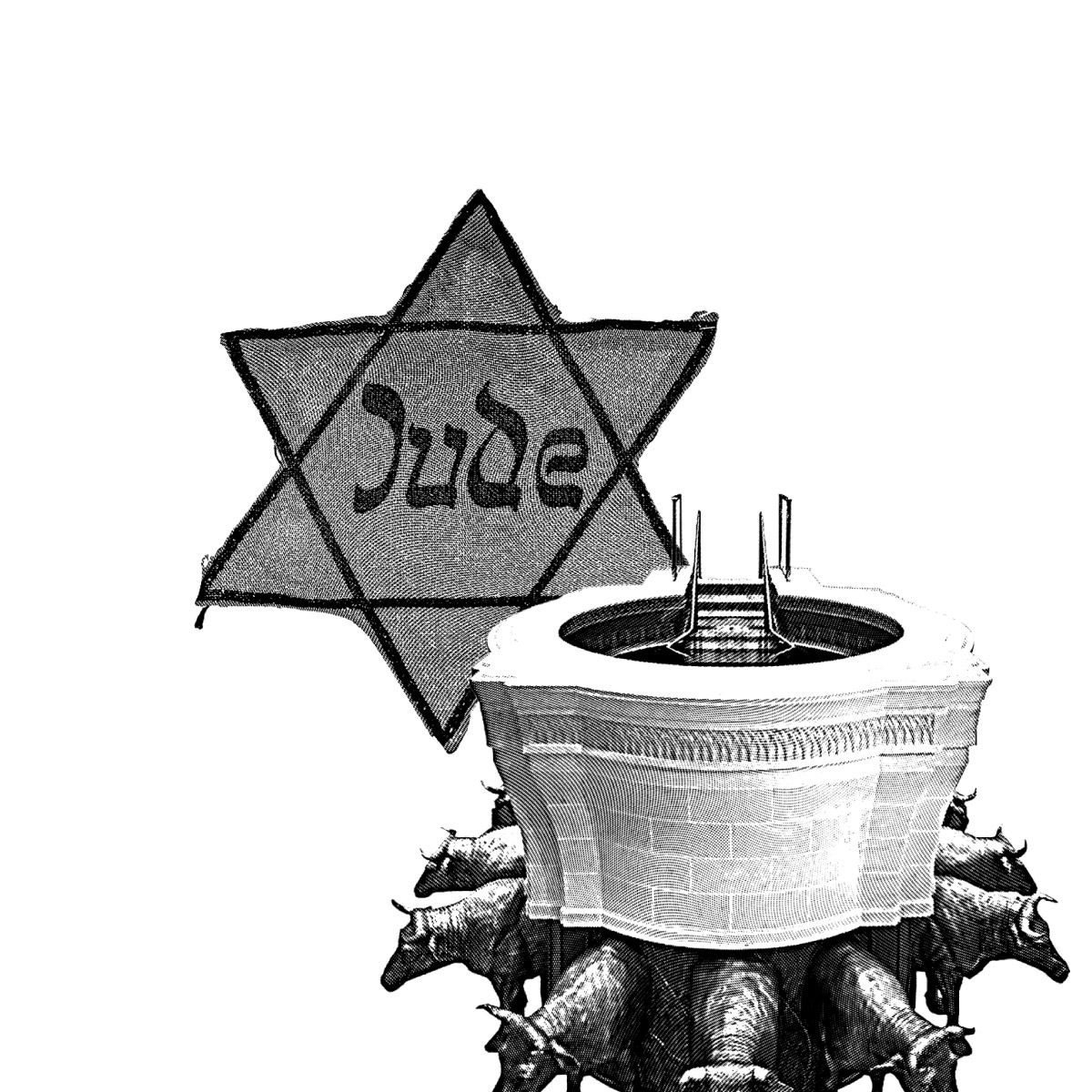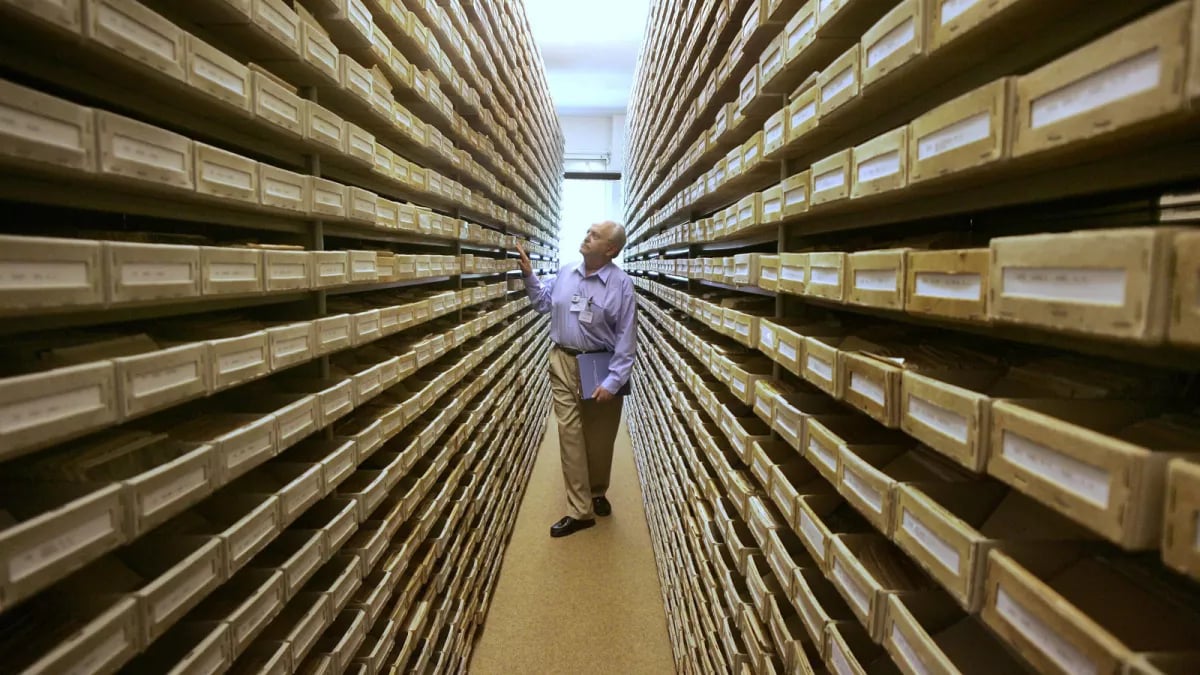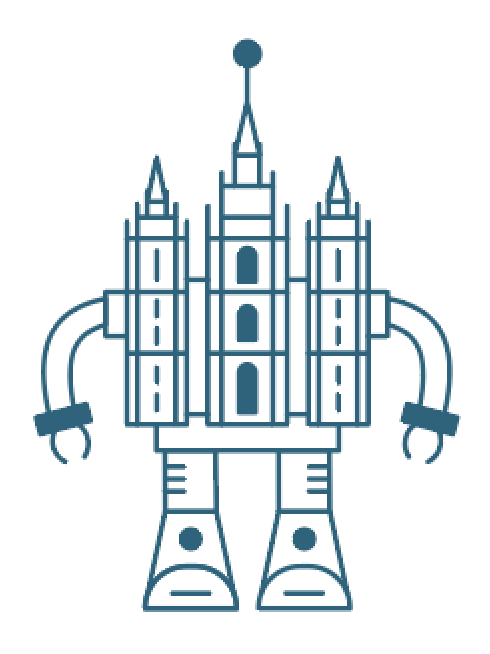Holocaust Victims and Baptisms for the Dead

Timeline
August 15, 1840
Joseph Smith introduces the concept of vicarious baptisms for the dead.[1]
1990
Nine people submit approximately 380,000 names of Jewish Holocaust victims. They are posthumously baptized.[2]
June 1992
1993
Spring 1994
Gary Mokotoff's letter to Elder Clarke is published in the Spring 1994 issue of AVOTAYNU.[8]
July 1994
Gary Mokotoff meets with the Family History Department and is told that the Church will not remove the names of the Jewish Holocaust victims from the IGI database.[9]
November 21, 1994
January 6–May 3, 1995
April 11, 2005
AGJH and Church leaders meet to reaffirm the 1995 agreement and to establish a joint oversight committee to ensure Holocaust survivors do not accidentally appear in Church databases.[13]
February 9, 2008
November 10, 2008
September 2, 2010
February 14, 2012
March 2, 2012
September 25, 2023
FamilySearch.org publishes an article that states that ordinances may be done for victims of the Holocaust under specific circumstances.[20]

Does the Church posthumously baptize Holocaust victims?
Yes, as of September 2023, under some circumstances, with special permission from the Church, holocaust victims may be posthumously baptized.[21]
Prior to this, the First Presidency had directed members that “without exception, Church members must not submit for proxy temple ordinances any names from unauthorized groups, such as celebrities and Jewish Holocaust victims.”[22]
Why was the original policy to prohibit posthumous baptisms of Jewish Holocaust victims?
It's unclear why President Benson initially restricted posthumous baptisms of Jewish Holocaust victims in 1991,[23] but the 1995 policy was made in direct response to a request from the American Gathering of Jewish Holocaust Survivors.[24] The Church made this policy out of respect for the Holocaust survivors and their family members.[25]
The 1995 accord included removing an estimated 380,000 Jewish Holocaust victims from the International Genealogical Index.[26]
Did the Church issue an apology for baptizing Holocaust Victims?
Sort of. They issued a joint statement with the American Gathering of Holocaust Survivors and Their Descendants[BIO] which stated that the Church had "unintentionally caused pain"[27] and that through discussions and policy changes, the issues had been resolved.[28]
The Church also specifically issued a statement that they "sincerely regret" an accidental baptism of famed Nazi hunter Simon Wiesenthal.[29]
Was this policy effective?
Yes, probably. According to Rabbi David Sandmel, the Anti-Defamation League’s Director of Interfaith Affairs, the policy established in 2017 was reasonable.[30]
Can't the Church control who gets baptized in their temples?
Mostly. The Church is a complex, global infrastructure that millions of volunteers utilize.[31] There are policies in place to control temple baptisms, but the process isn't perfect.[32]
Related Question
How much does a temple cost to build?
Read more in Cost of Temples
Is it true that Anne Frank has been posthumously baptized 9 times?
Probably. In 2012, the Deseret News reported that Anne Frank had been posthumously baptized "multiple times."[33]
Isn't it the person's choice to accept the posthumous baptism in the spirit world?
Yes, Latter-day Saints believe that departed spirits can choose to accept or reject the baptism.[34] Because the baptism is not binding, the Church does not add the name to the membership records.[35]
What's the problem with posthumously baptizing Holocaust victims?
These posthumous baptisms could be interpreted as stripping the identity away from people who died for their identity[36] or implying that Jews need help from the Mormons to get to heaven.[37]
How would members of the Church feel if Catholics started to baptize their dead ancestors?
They probably wouldn't like it. It's understandable that some people are not happy with the Church trying to posthumously baptize others.[38]
On the other hand, some may see it as an act of love, even if they do not share the same beliefs.[39]
- Nathan
“Church volunteers aren't perfect. I witnessed someone do baptisms for the dead for a stillborn infant. I'm fluent in Danish, and the record's name was Dødfødt, or, "stillborn". Still, we must always practice diligence, and be sure that we follow church policy.” - Fred
“I'm curious. I've known Jewish Church members, and even attended the baptism of a Jewish family in Monterey many years ago. Are they prevented from doing temple work for their own families?” - Tim L.
“This helps me understand the side of Jewish people who are opposed to baptisms for the dead. I thought it wouldn't matter because it doesn't baptize them, it just gives them the opportunity to accept baptism after death, but I can see why people would be bugged by it now.” - Nolan F.
“I wonder about consent. A big part of God's plan is respecting our free agency. This topic bothers people because the consent part happens where we don't see it, on the other side of the veil. So it looks like our ordinance is being forced on people, but it's a misunderstanding.”



 about this topic
about this topic